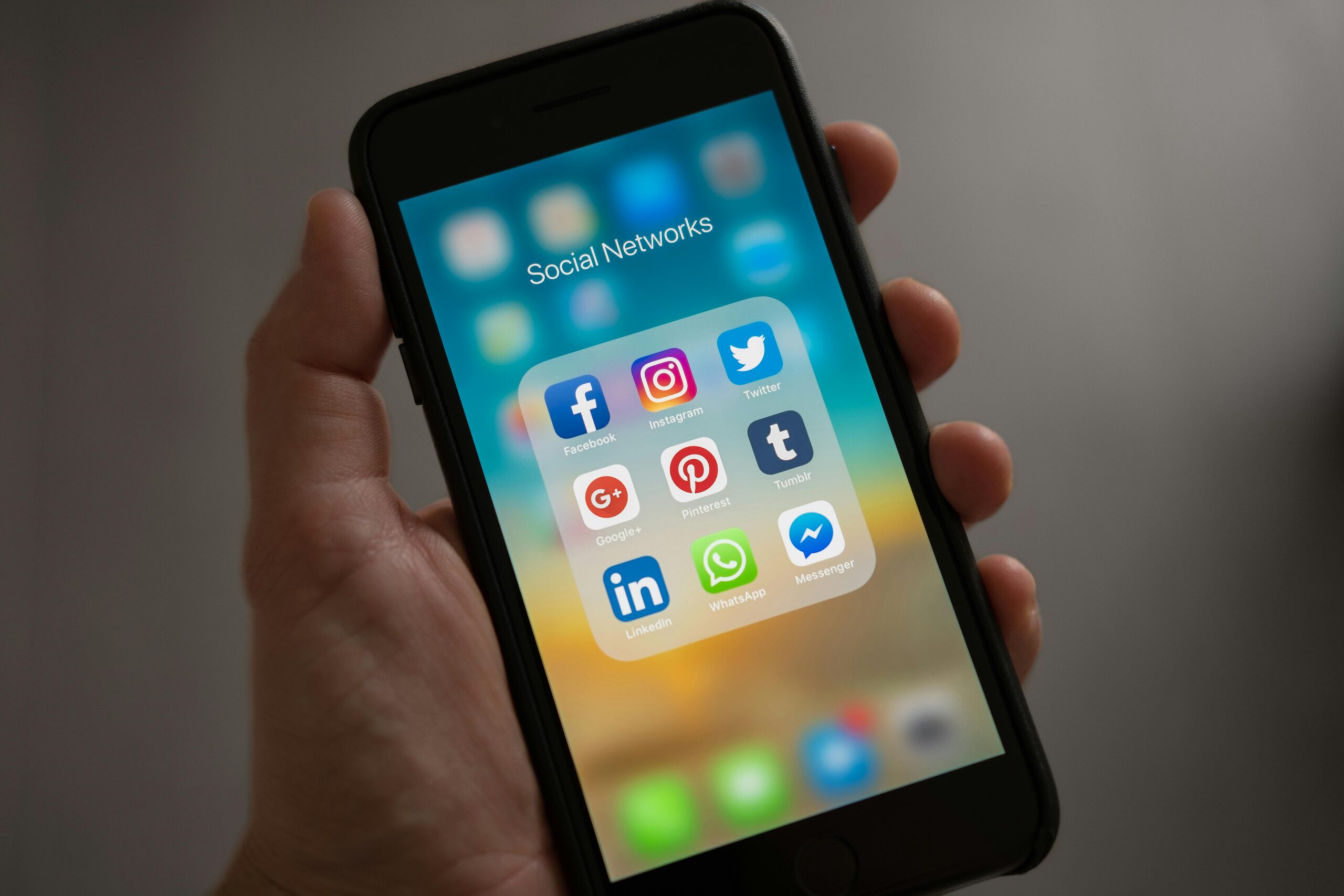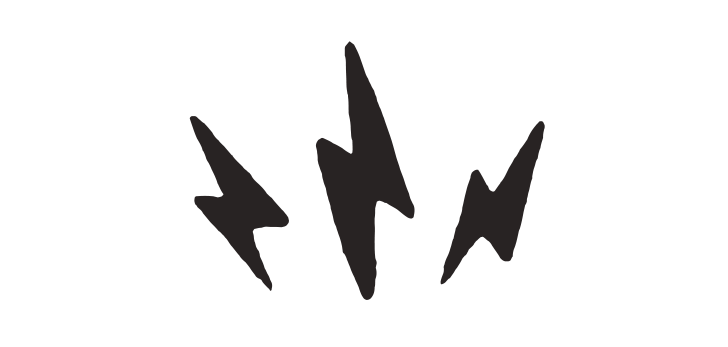
The Social Media Struggle for Small Businesses
For the next few weeks, we’ll be publishing a series of articles all focusing on ethical advertising and how social media algorithms drive sales for big businesses. For the next four weeks, we’ll be putting out a new article every week to continue and complete this five part series. When you’re finished reading, click the link at the bottom of this article to subscribe to our newsletter and be notified when we post the next installment.
Social media algorithms are programs that are elusive at best, and oppressing at worst. As the rise of social media has continued to grow, many of us spend hours of our lives behind a screen, consuming media that is hand-picked for us by the powers that be.
The goal of social media companies is to keep users on their platform for as long as possible. They work towards achieving this by creating systems, often referred to as algorithms, that predict what users want to see based on their past activity on the platform and show them recommended posts that are specifically targeted to keep them engaged.
Many small businesses use social media as a way to promote themselves and get their name out there into the world. Posting on these social platforms was once a fairly easy way to get organic engagement and sales. In addition to sending out general information about their company, they can pay to place advertisements and “boost” posts on these platforms so the algorithms show it to more people, a feature that’s becoming increasingly more crucial for businesses to ensure their content gets seen.
These small businesses who previously relied on social media for sales and marketing are now struggling with low reach and even lower engagement. Many people say the algorithms are to blame. Meta is letting larger companies stand in the spotlight while the smaller businesses are being cast aside.
This change in activity begs the question: what are Meta’s algorithms doing differently as of late, and why are small businesses getting the short end of the stick?
Since the pandemic, Instagram has been prioritizing recommended posts and reels, the platform’s short videos that were introduced to try to keep up with TikTok. Head of Instagram, Adam Mosseri, said that even after backlash from users against these new changes, Instagram would still favor these new features, although to a lesser extent.
Many small businesses are suffering from these changes because their followers’ feeds are now flooded with recommended content rather than posts from accounts they actually follow. Business accounts with hundreds or thousands of followers are dealing with increasingly low engagement, and finding in their analytics that only a small percentage of their followers even see their posts anymore.
Facebook is not much better. With the rise of Facebook ads, garnering engagement on that platform is no easy feat either. Even if you’re able to gain followers after putting out Facebook ads, only a small percentage of the people who have liked and followed your page see your content afterwards because their feeds are constantly flooded with more ads.
This decline in engagement is super discouraging for many small business owners, even leading many to question whether posting on Instagram and Facebook is worth it at all anymore. Meta has begun to favor large companies who are willing to shell out massive amounts of money to promote themselves on their platforms, leaving the smaller businesses in the dust.
A designer and illustrator with a small business of her own shared her struggles with Instagram on Threads, another new platform from Meta. Kshitija More of Kshimo Designs posted “Guys what’s up with the Instagram algorithm? There is no reach and engagement is so so low these days. I am a small business owner and make surface pattern designs and it is so discouraging to even put out a post. Even reels have no reach. But when I look around some people are getting really good reach and I don’t know what’s wrong with my account. Here I am not saying I need millions of followers but at least I expect my post to reach potential customers which is not happening.”
This feeling of helplessness is shared amongst many small business owners today trying to stay afloat in the current landscape of Meta platforms. All the changes happening lately with Meta are turning these platforms small businesses once depended on into completely different beasts. Next week, we’ll dive deeper into the impact these changes are having on small business accounts, focusing on the data provided by Instagram’s business page analytics. Subscribe to our newsletter to be notified when we post the next part.



